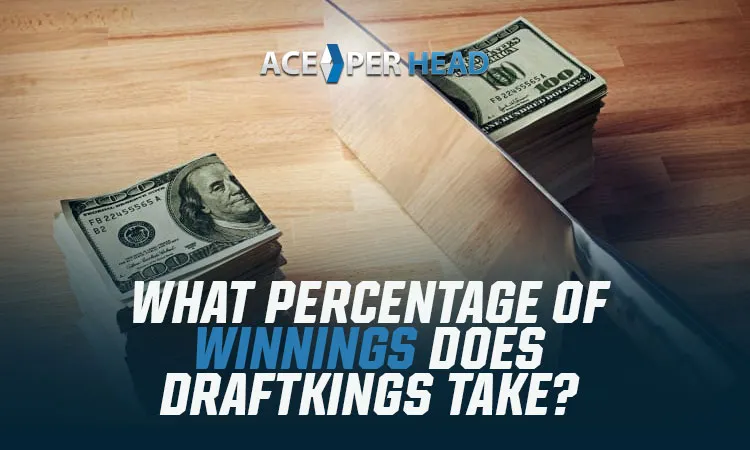
When you flip through sports history, the greatest stories come through upsets, and what makes the upsets memorable is their relative rarity. After all, that’s what makes them upsets. When Buster Douglas delivered a shocking TKO win over Mike Tyson back in 1990, the sports world sat back and took notice. At that time, Tyson was viewed not just as the top boxer in the world, but as a predator who used viciousness, intensity, and power to mow down the opposition.
When Douglas entered the ring with him, the buzz was that Tyson would make short work of him. However, the audience found that the opposite was true. Instead, Douglas simply dismantled Tyson, beating him to the ground and leaving him dazed. That was the apex of Douglas’ fame in the world of sport, and the betting world had only one bookie who would set odds – and those odds were 42 to 1. Douglas would only hold the boxing title for about eight months, when Evander Holyfield knocked him out in the third round.
The fight lives on in an ESPN documentary called 42 to 1 – and it offers a cautionary look at the maintenance of profitability for sportsbook agents.
Making Money with Your Sportsbook
One question that bettors and new bookmakers alike ask is, what percentage do bookies take. The answer to this question comes from looking at the setting of point spreads and moneylines – and the built-in margin, also known as the “vig.”
How do Sportsbooks Set Point Spreads?
When it comes to setting a point spread, there is a factor assigned to the home team. In football games, this factor is usually three points. So if the Green Bay Packers are visiting the Dallas Cowboys, and the game is seen as even from a sports betting perspective, then the initial line will be Dallas -3. From there, the spread is adjusted in order to (in an ideal situation) put exactly half of the betting action on either side of that spread. The “action” does not refer to the number of bets – but to the money on either side of the spread.
In sports like baseball, basketball, and hockey, where there are several games per week, or even games every day, there is little time for the line on a game to move, as bookies will often not set the lines until the teams’ previous games have taken place. This protects them from having to pay on bets on teams that have suffered injuries since the wagers were placed. In sports like football, point spreads can open a week or even a month before the game, in the case of bowl games. As time goes by, an action piles up on one side of the point spread, bookies will adjust the lines to lure bettors to the other side, with an eye toward bringing balance to the action. Sometimes it works, and sometimes it does not.
How are Moneylines Different from Point Spreads?
A similar tactic is involved in setting moneylines for straight up outcomes. Moneylines are more common in sports with fewer points to be scored, such as soccer, hockey and baseball. So if the Boston Bruins are favored to beat the Ottawa Senators quite easily, the moneyline could read Boston -200 / Ottawa +210, with no point spread. The handicap is built into the moneyline. You would have to bet $200 to win $100 on the Bruins, while a $100 bet would pay you $210 if the Senators win.
If you are still wondering, what percentage do bookies take, then the question of the “vig” is still to be answered. Let’s say that we go back to that first point spread, Dallas -3. If both sides of the wager are offered at -110 odds, that means that you would bet $110 to win $100. The bookie collects $110 on losing bets and pays out $100 on winning bets, adding some built-in profitability. Depending on the jurisdiction, there can be regulations on how much “vig” bookies can build into their betting offerings. Also, if your “vig” is higher than the competition, you will lose business to books that offer more value. Sports bettors will also compare point spreads and moneylines, picking the ones that suit what they think will happen in the games, on the basis of their own research (or intuition).
AcePerHead.com offers pay per head services to sportsbook owners large and small, and while we set the odds on all of the casino gaming, we leave the point spreads and moneylines on sporting events up to each sportsbook owner to set. You can follow along with the big books (remember, they do have their own research teams, so their numbers can be a good place to start). However, as the action pours in, you have the freedom to alter the spreads or moneylines to keep balance.
Ace Per Head.com provides all of the administrative support that you need when it comes to managing an online sportsbook. You don’t have to worry about maintaining servers. You don’t have to vet and select payment options. You don’t have to send out money to winners when matches come to an end. Our system does all of those things for you. You focus on marketing your sportsbook business and getting more revenue pouring in, while we handle the dirty work.
In exchange for that administrative support, you pay a weekly fee for each active betting client you have on our platform. If one of your bettors doesn’t place a bet that week, you don’t pay for that client’s presence in your account. The fee is the same, whether your client places one bet or 20 in that given week. Obviously, the more action you can offer in terms of match variety and side props, the more you stand to collect. Those choices, though, are up to you. We’d love to help your sportsbook take off. Give us a call today to learn more!




 Ace Per Head has been in the online bookmaking services business since 1998 running one of the top-rated and most trusted brands in the pay per head industry. We give our bookie agents the personalized dedicated service they deserve.
Ace Per Head has been in the online bookmaking services business since 1998 running one of the top-rated and most trusted brands in the pay per head industry. We give our bookie agents the personalized dedicated service they deserve. 